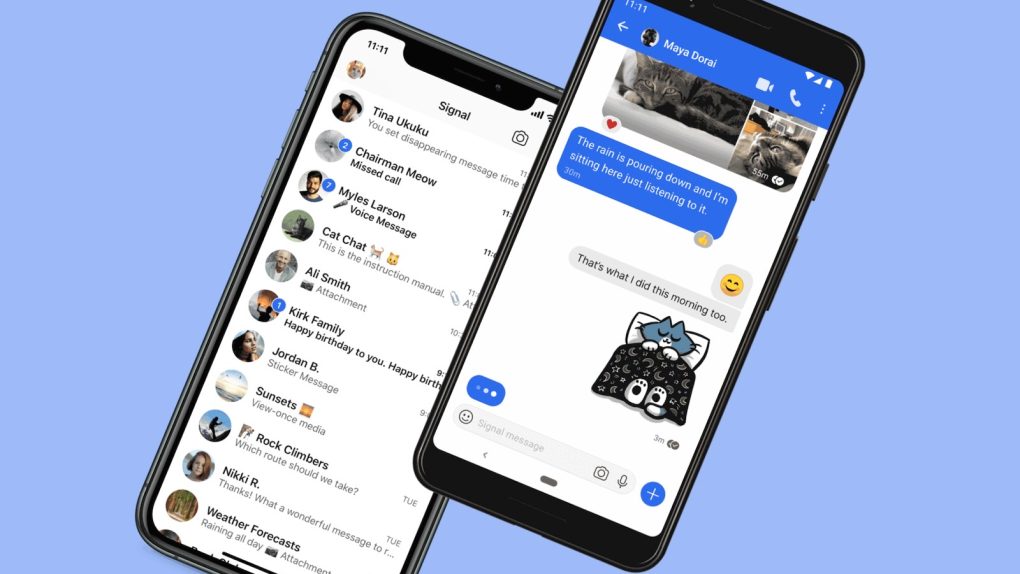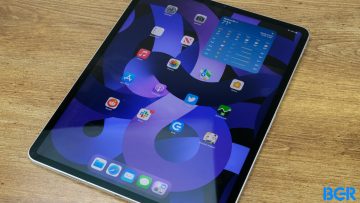Signal is a chat app for iPhone and Android that we’ve been using for years. It features the same end-to-end encryption for protecting the contents of messages like iMessage and WhatsApp and has the added benefit that it hardly collects any user data. Signal rose to prominence this year when WhatsApp’s planned privacy changes came to light. Facebook reminded users that WhatsApp would share more user data with Facebook, and that’s when millions of people downloaded Signal and Telegram. WhatsApp will remain end-to-end encrypted, but Facebook’s hunger for data is an excellent reason to move to an alternative chat app.
Later, Signal blasted security firm Cellebrite’s software that law enforcement use to break into encrypted iPhones and Androids that are part of active investigations. Signal found critical security flaws in Cellebrite’s apps that had immediate consequences and potential legal ramifications.
Fast-forward to early May, and Signal exposed Facebook’s terrifying data collection practices in the best possible way. The company tried to run honest ads on Instagram that highlight Facebook’s ample user tracking practices that allow it to serve personalized ads. The ads couldn’t have arrived at a better time. Facebook is trying to convince iPhone users to let it track them online, going as far as threatening that Facebook apps might not remain free. That’s because Apple just turned on a massive privacy feature that will make it harder for Facebook to collect user data on iPhone. Unsurprisingly, Facebook’s banned Signal’s ad campaigns.
“You got this ad because you’re a Goth barista, and you’re single. This ad used your location to see you’re in Clinton Hill. And you’re either vegan or lactose intolerant, and you’re really feeling that yoga lately,” one of Signal’s ads reads. The bolded words highlighted in those ads inform users of the kind of personal data collected about them inside Facebook apps that would have brought these ads to their Instagram feeds.

This is equal parts hilarious and terrifying. Facebook might not sell your actual data to advertisers, but it collects an incredible amount of information about your activities online, which allows it to serve this type of personalized ads and turn a profit.
Signal attempted to run various ads that would have told users exactly why they’d discover Signal ads in their Instagram feeds, as seen above and below. However, Facebook wasn’t willing to let this slide and banned Signal’s ad account.
“Facebook is more than willing to sell visibility into people’s lives, unless it’s to tell people about how their data is being used,” Signal explained in a blog post, posting the ad examples seen here. “Being transparent about how ads use people’s data is apparently enough to get banned; in Facebook’s world, the only acceptable usage is to hide what you’re doing from your audience.”

“Here are some examples of the targeted ads that you’ll never see on Instagram,” Signal writes. “Yours would have been so you.”
Facebook blocking the ads from appearing on Instagram will do little to let Signals message out. Signal owned Facebook in the best possible way, as the news of its banned ad campaign and the ad examples here are going viral. They might even reach a wider audience than intended.
Apple’s privacy protections in iOS 14.5 can help users reduce the amount of personal data they feed to Facebook if users choose not to share information with Facebook. The company and its social apps will continue to track users outside iPhone and amass plenty of user data in the process.








